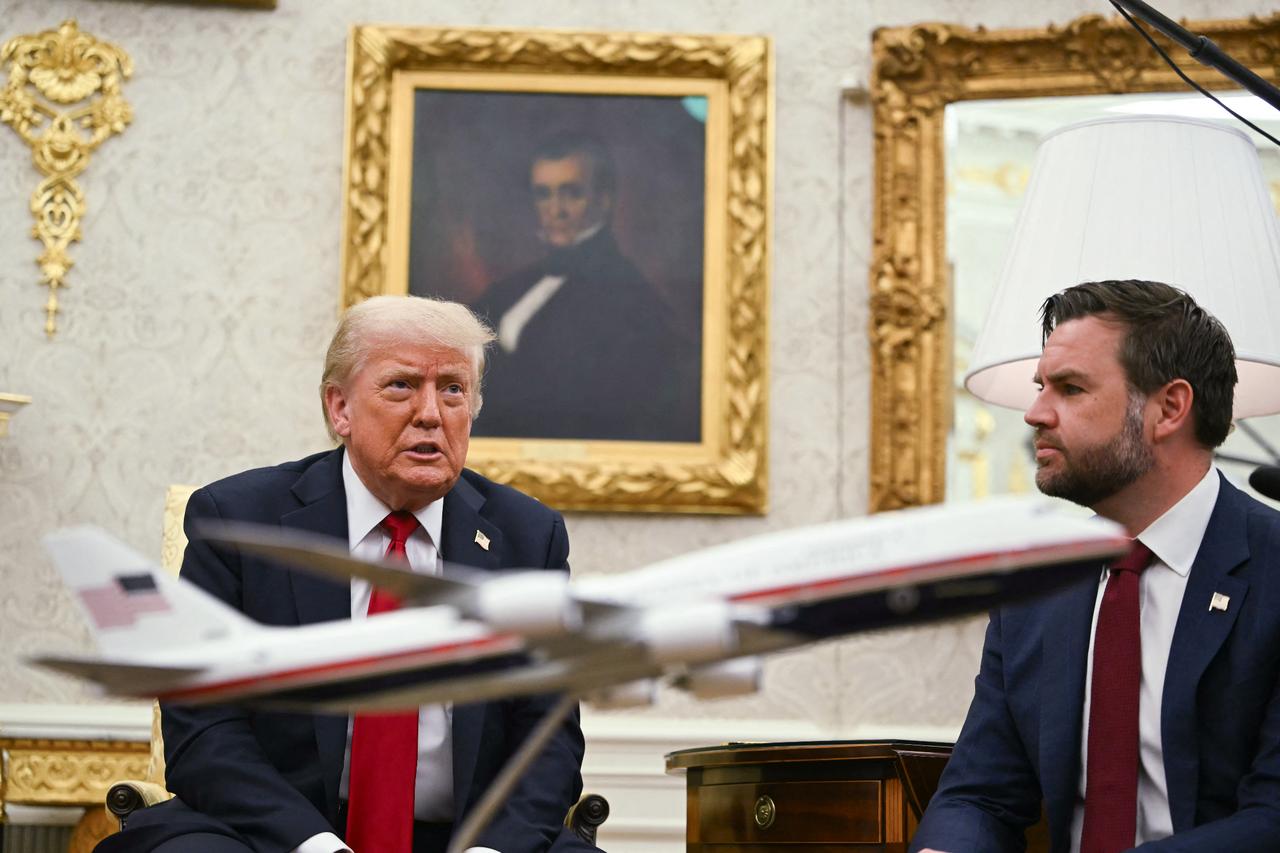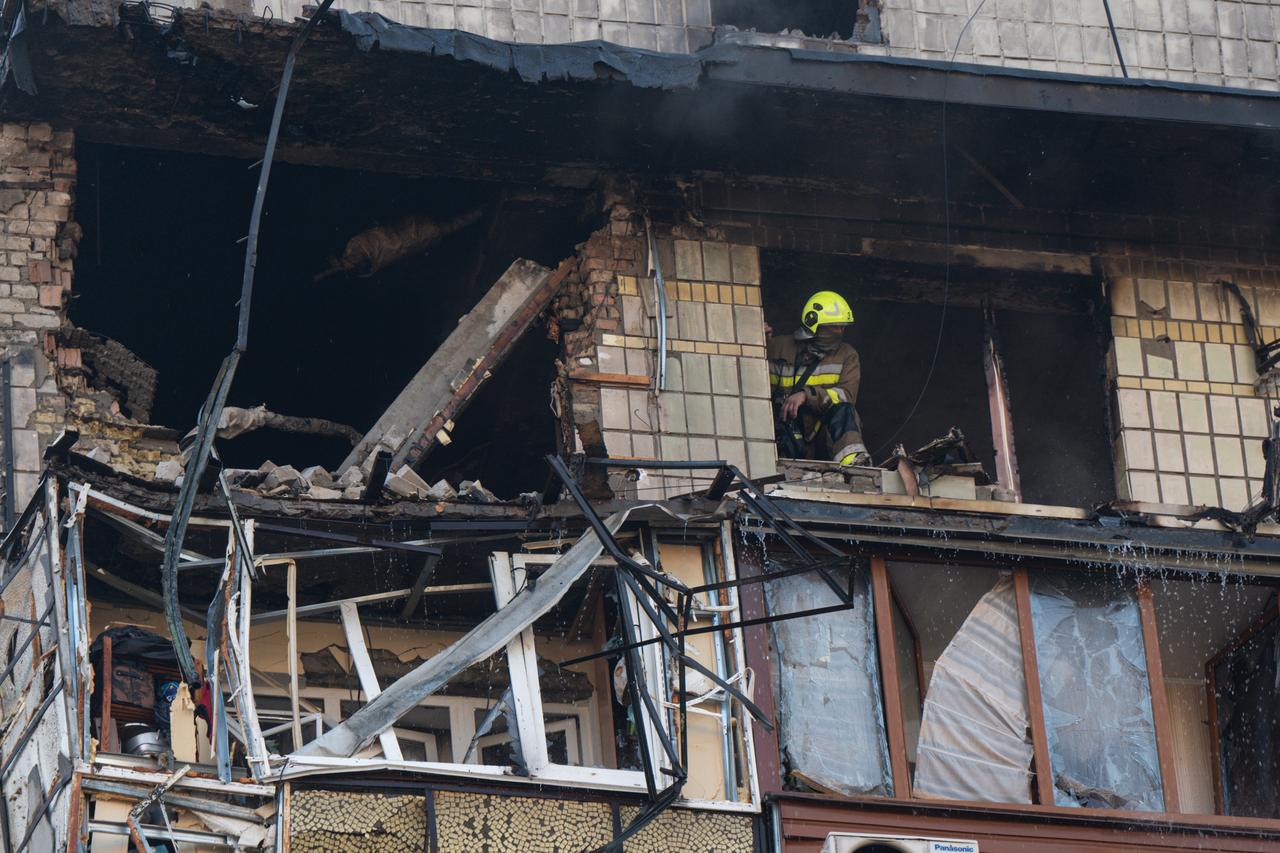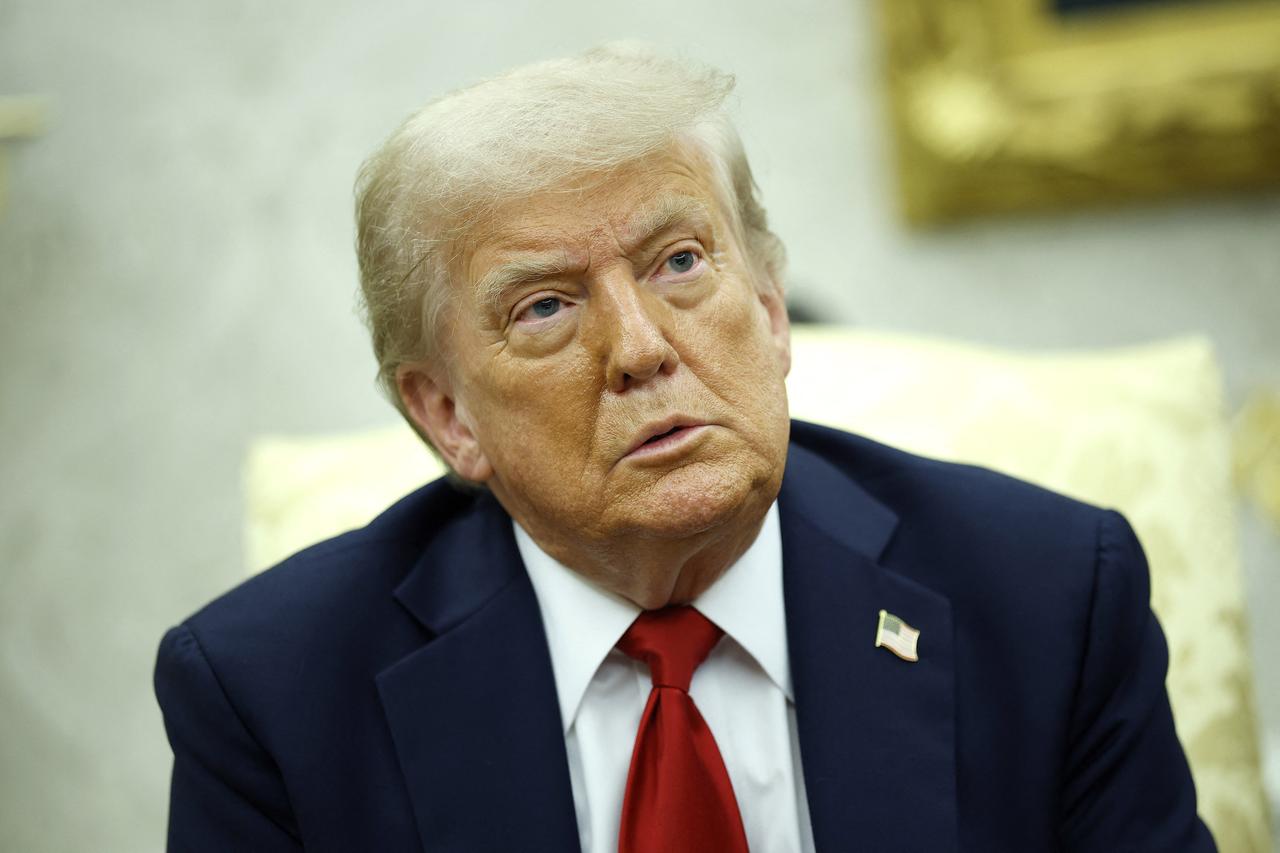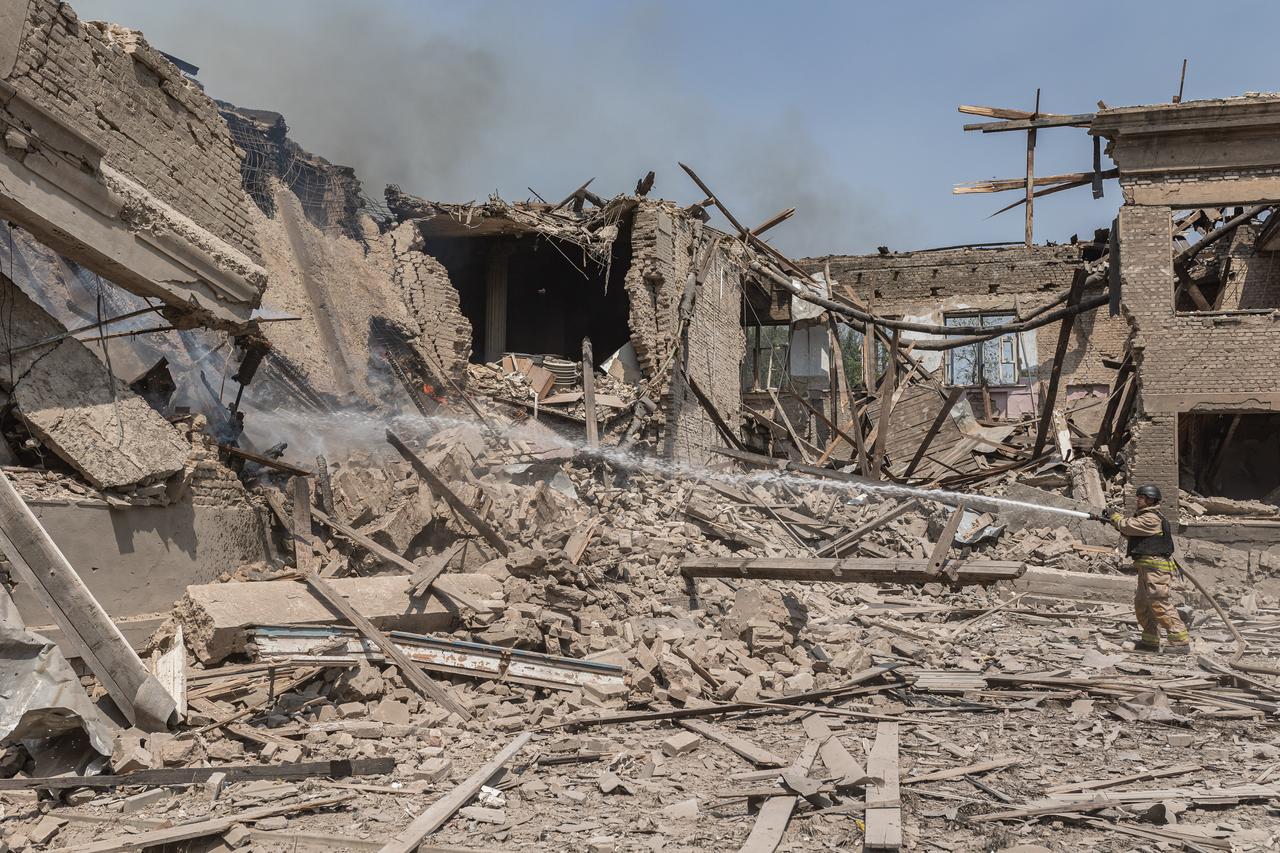
U.S. President Donald Trump privately encouraged Ukraine to step up deep strikes on Russian territory, even asking Volodymyr Zelenskyy whether he could strike Moscow if the U.S. provided long-range weapons, according to people briefed on the discussions with the Financial Times on Tuesday.
The conversation, which took place during a July 4 call between the U.S. and Ukrainian leaders, marks a sharp departure from Trump's previous stance on Russia's war and his campaign promise to end U.S. involvement in foreign conflicts.
While it remains unclear whether Washington will deliver such weapons, the discussion underscores Trump's deepening frustration with Russian President Vladimir Putin's refusal to engage in cease-fire talks proposed by the U.S. president, who once vowed to resolve the war in a day.

The conversation with Zelenskyy on July 4 was precipitated by Trump's call with Putin a day earlier, which the U.S. president described as "bad."
Two people familiar with the conversation between Trump and Zelenskyy said the U.S. president had asked his Ukrainian counterpart whether he could hit military targets deep inside Russia if he provided weapons capable of doing so.
"Volodymyr, can you hit Moscow? ... Can you hit St. Petersburg too?" Trump asked on the call, according to the people.
Zelenskyy replied, "Absolutely. We can if you give us the weapons."
Trump signaled his backing for the idea, describing the strategy as intended to "make them (Russians) feel the pain" and force the Kremlin to the negotiating table, according to the two people briefed on the call.

The discussion between Trump and Zelenskyy led to a list of potential weapons for Kyiv being shared by the U.S. side with the Ukrainian president in Rome last week, according to three people with knowledge of it.
During a meeting with U.S. defense officials and intermediaries from NATO governments, Zelenskyy received a list of long-range strike systems that potentially could be made available to Ukraine via third-party transfers.
The arrangement would allow Trump to sidestep the need for congressional approval on direct U.S. military aid by authorizing weapons sales to European allies, who would then pass the systems on to Kyiv.
The Ukrainians had asked for Tomahawk missiles, precision strike cruise missiles with a range of around 1,600 kilometers (994.1 miles).
But the Trump administration—like the Biden administration—had concerns about Ukraine's lack of restraint, said a person familiar with the list shared with Zelenskyy.

During a meeting in the Oval Office with NATO Secretary General Mark Rutte on Monday, Trump announced a plan to provide Ukraine with Patriot air defense systems and interceptor missiles, but did not disclose any shipments of other weapons systems.
The U.S. president said he was "very unhappy" with Russia and its president over the lack of progress towards a deal to end the war.
"I'm disappointed in President (Vladimir) Putin, because I thought we would have had a deal two months ago," Trump said.
Two of the people briefed on the call between Trump and Zelenskyy and familiar with U.S.-Ukraine discussions on military strategy said that one weapon discussed was the Army Tactical Missile System, or ATACMS.
Ukraine has used U.S.-supplied ATACMS missiles with a range of up to 300 kilometers to strike targets in Russian-occupied territory and, in some cases, deeper inside Russia. However, they do not fly far enough to reach Moscow or St. Petersburg.
Russia has previously warned of severe retaliation if Ukraine uses Western weapons to strike inside Russian territory.
After Ukraine reportedly used U.S.-supplied ATACMS to hit military targets within Russia last November, Putin said the conflict had "taken on elements of a global nature."
Ukraine has mostly used its own domestically produced long-range drones to strike military targets deep inside Russia that help fuel its war machine.
Its most audacious attack came in early June, when Ukraine's SBU security service launched swarms of suicide drones hidden inside prefabricated homes that it smuggled into Russia and attacked the country's fleet of strategic bombers.
At least 12 aircraft were heavily damaged or destroyed in what Kyiv dubbed Operation Spiderweb, targeting planes used in Moscow's bombardments of Ukrainian cities throughout the war.